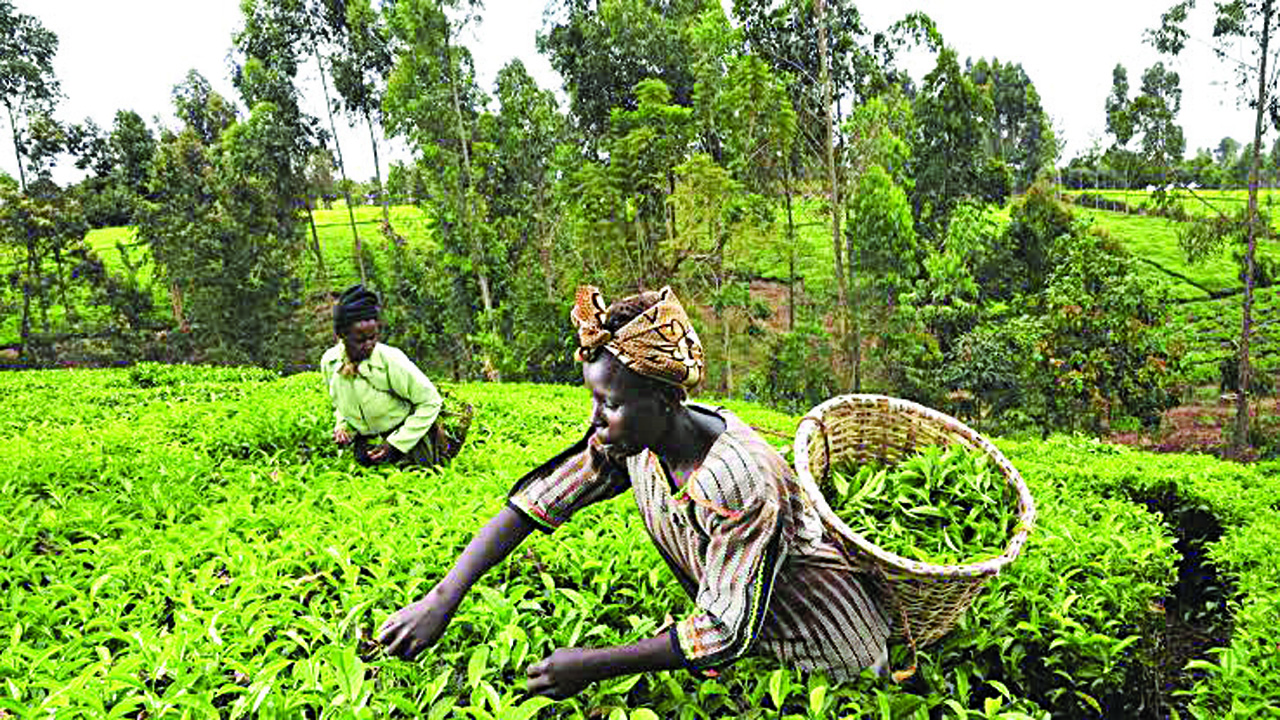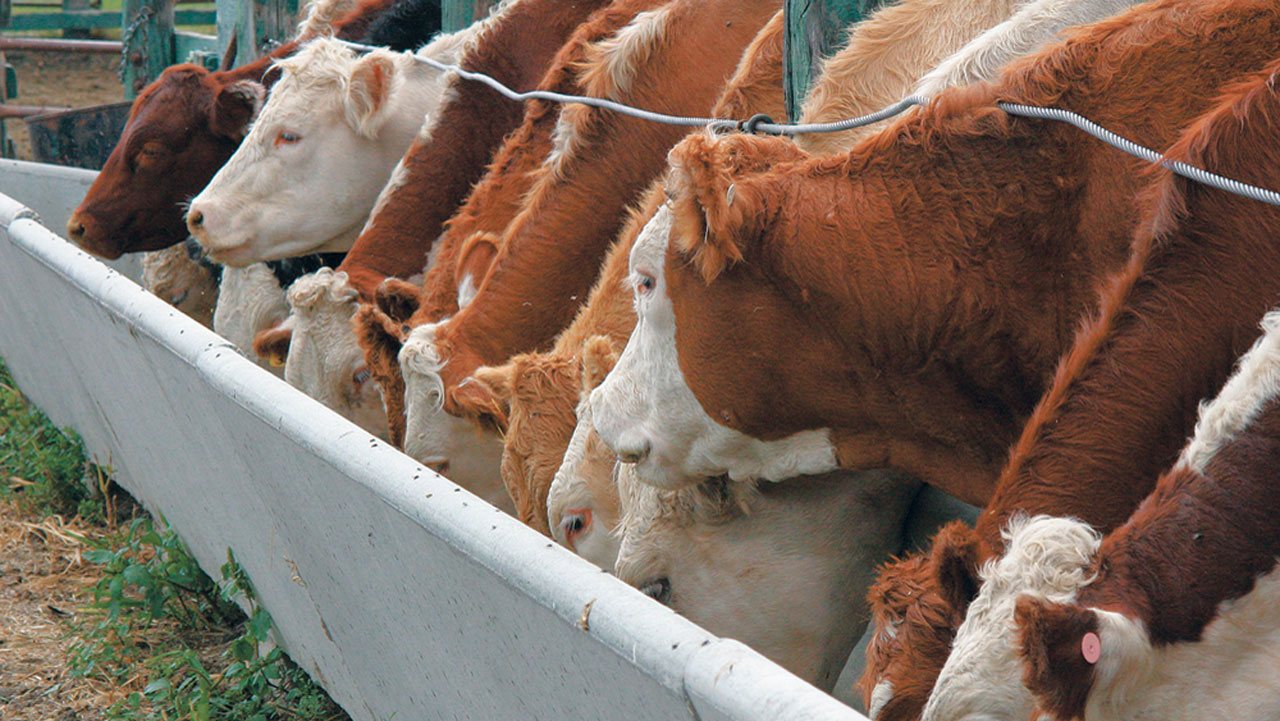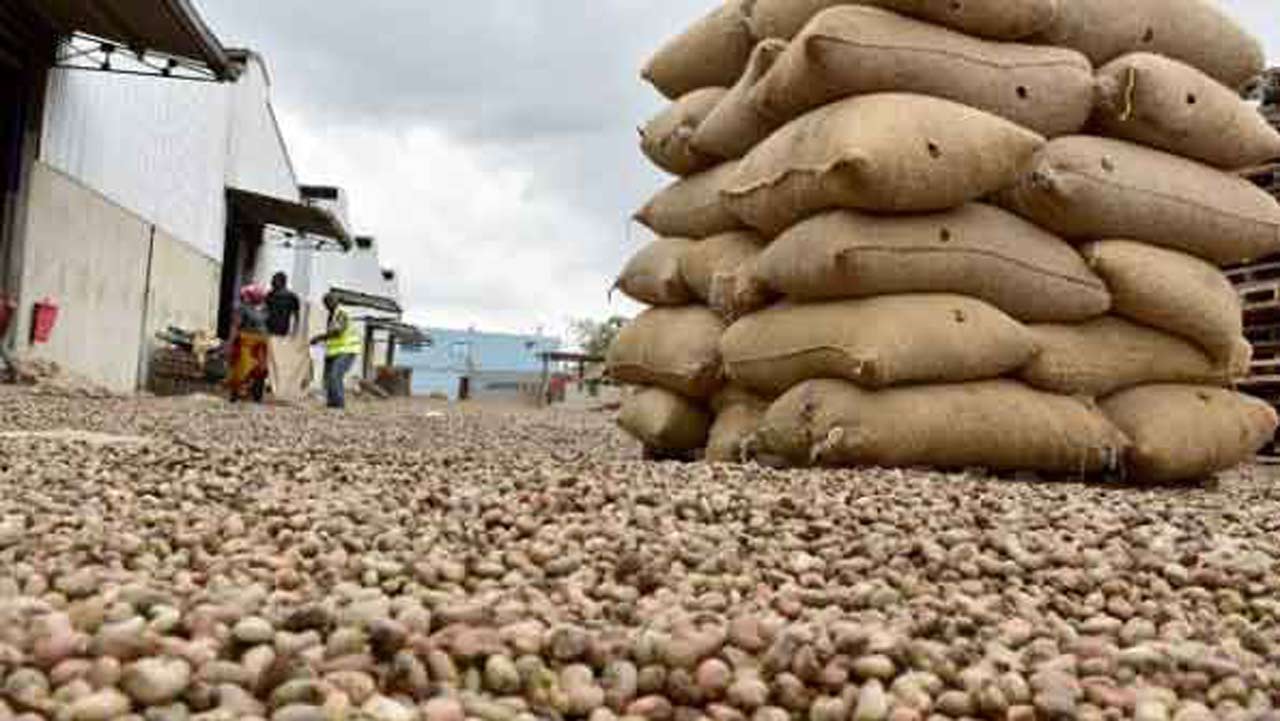
Plant health and crop improvement have been identified as essential factors that can foster the realisation of food security in Nigeria.
While plant health is defined as the state of plants being free from pests, diseases, and other stresses that can negatively impact their growth and yield; crop improvement, involves the use of various techniques and technologies to enhance the yield, quality, and nutritional content of crops.
According to the Consultative Group on International Agricultural Research (CGIAR), yearly, existing and emerging plant pests and diseases, cause an average of 10 to 40 per cent losses to major food crops, costing the global economy around $220b.
This was corroborated by the Food and Agriculture Organisation (FAO), which states that plants are under constant attack from invasive pests. FAO claimed the pests can severely damage crops, forests, and other natural resources that people depend on.
The international organisation says on yearly basis, the pests cause billions of dollars of losses in crops and trade revenue, in addition to the expensive eradication efforts.
In his keynote address presented at the 48th Annual Conference of the Nigerian Society of Plant Protection (NSPP), held at Bayero University Kano, Kano State, Professor (Engr) Mohammed Khalid Othman of National Agricultural Extension and Research Liaison Services (NAERLS), Ahmadu Bello University (ABU), Zaria, Kaduna State, said plant health contributes to food security by ensuring that crops are protected from pests and diseases.
“Pests and diseases are major challenges facing agriculture in Nigeria, and with poor management, they can cause significant yield losses. By promoting plant health through the use of integrated pest management (IPM) techniques, farmers can reduce crop losses and increase yields.
“IPM involves a combination of cultural, biological, and chemical control measures to manage pests and diseases sustainably. This approach reduces the reliance on pesticides and promotes the use of environmentally friendly and cost-effective pest management practices.
Crop improvement deals with the development of new crop varieties with superior quality and quantity, and thus, contributes to food security by increasing agricultural productivity. Improved crops become more resistant to pests and diseases, tolerant to drought, high yielding and can help farmers to produce more food from the same land area.”
Prof Othman said the two strategies contribute to food security by improving the nutritional content of crops, adding that new crop varieties that have higher nutritional value can help to address malnutrition and related health issues, which are prevalent in Nigeria.
He noted that biofortification, a crop improvement technique, which involves increasing the nutrient content of crops, has been used to develop a vitamin A-rich maize and cassava varieties that are being promoted in Nigeria.
“Additionally, by promoting plant health, farmers can reduce crop losses due to pests and diseases, which can negatively impact the nutritional content of crops. By increasing farmers’ productivity, crop quality and access to food; as well as increasing the income of smallholder farmers, enabling them to earn more from their harvests and thereby helping to reduce poverty. These can stimulate the growth of agribusinesses, leading to more job opportunities and economic growth in both rural and urban areas.
“Nigeria’s agriculture sector has the potential to address the country’s food insecurity challenges and create employment opportunities, but several challenges need to be addressed. Some of the challenges are – poor infrastructure; poor extension services and low technology adoption; limited access to finance; climate change; and poor soil health.
“However, these challenges can be adequately addressed, which will harness several opportunities for the promotion of plant health and crop improvement in Nigeria. The opportunities associated with promoting plant health and crop improvement are increased agricultural productivity through the adoption of new technologies, such as precision agriculture and biotechnology,” he said.
Prof Othman recommended the need for the Federal Government to develop and implement policies that promote sustainable agriculture practices, such as agroforestry and conservation agriculture, to improve soil health, reduce the use of synthetic inputs, and enhance biodiversity.
He also urged the need to encourage and support research on the development of novel breeding techniques that enhance plant resistance to biotic and abiotic stresses, increase yield potential, and improve the nutritional value of crops.
The Don said: “There is need to promote the use of precision agriculture technologies, such as remote sensing, geographic information systems, and machine learning, to optimise resource use, minimise environmental impacts, and increase crop productivity.
We also need to enhance the capacity of smallholder farmers, especially women, and youth, through training and access to credit facilities, to adopt sustainable farming practices, use improved seeds and inputs, and participate in value chains.
“The country needs to develop and implement effective plant health management strategies, such as integrated pest and disease management, to prevent and control plant diseases and pests.
“There is also need to foster partnerships and collaborations among stakeholders, including governments, farmers, the private sector, research institutions, and civil society organisations, to promote sustainable agriculture and food systems.”
He assured that with the implementation of the recommendations, it is possible for the country to achieve sustainable food security, while ensuring plant health and crop improvement.






